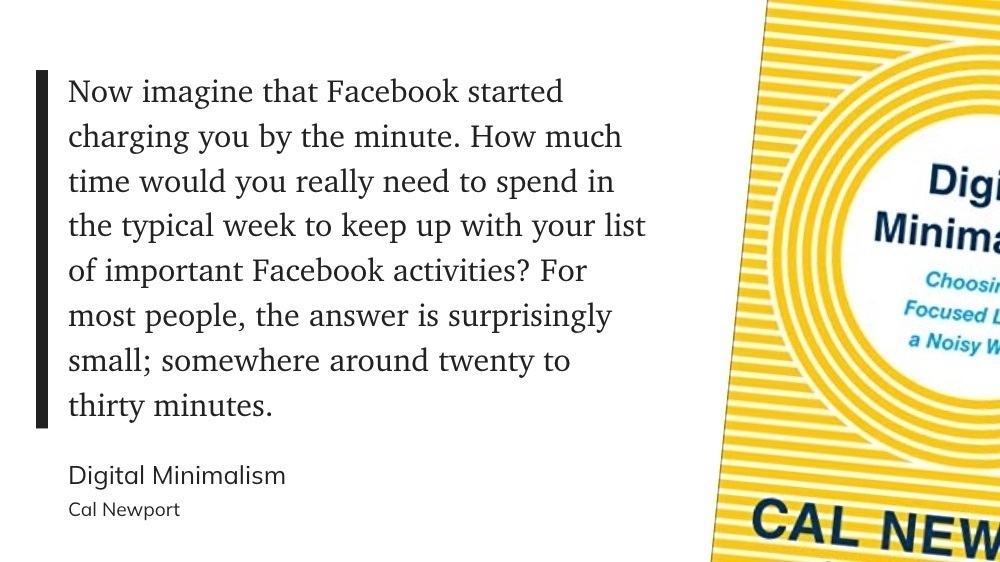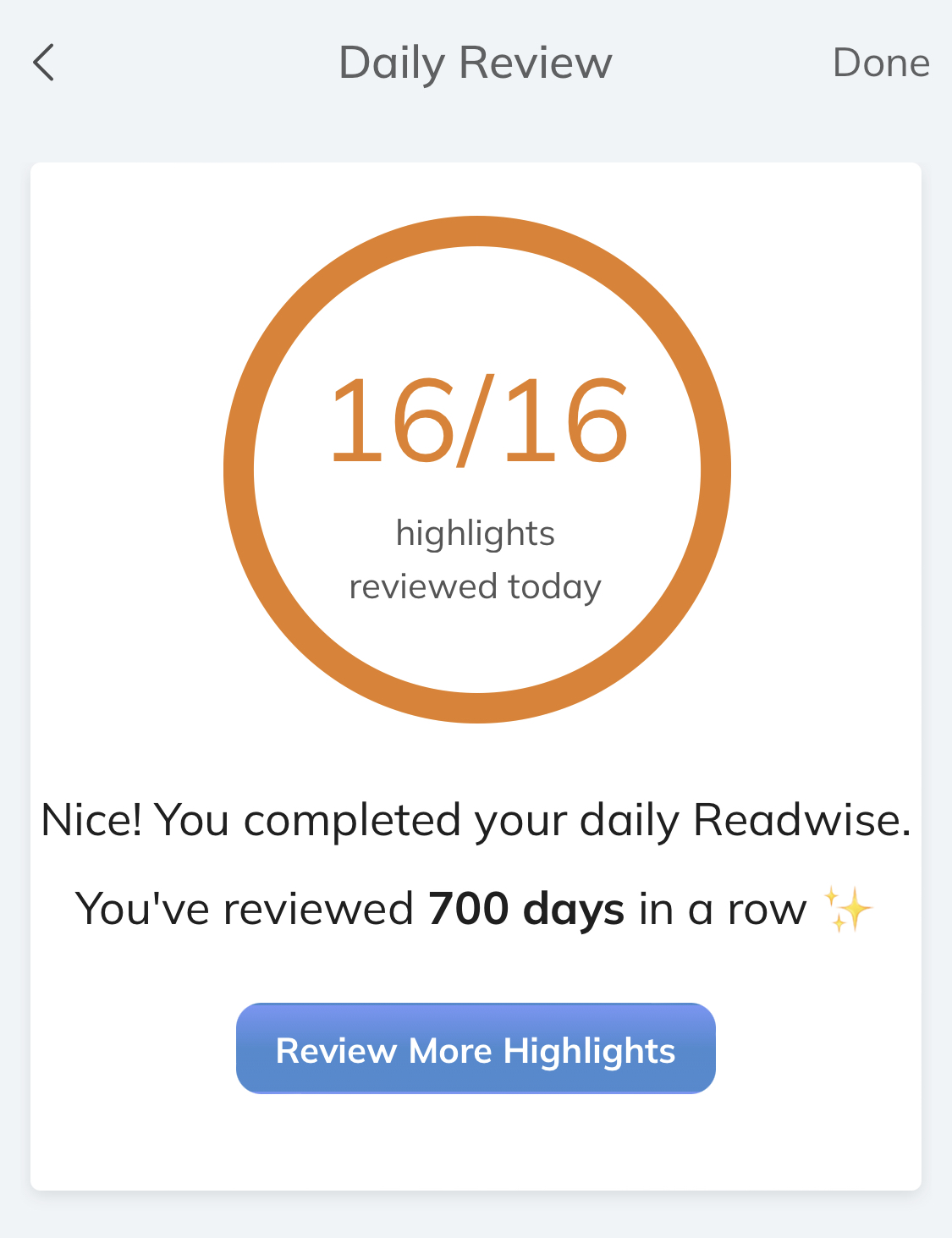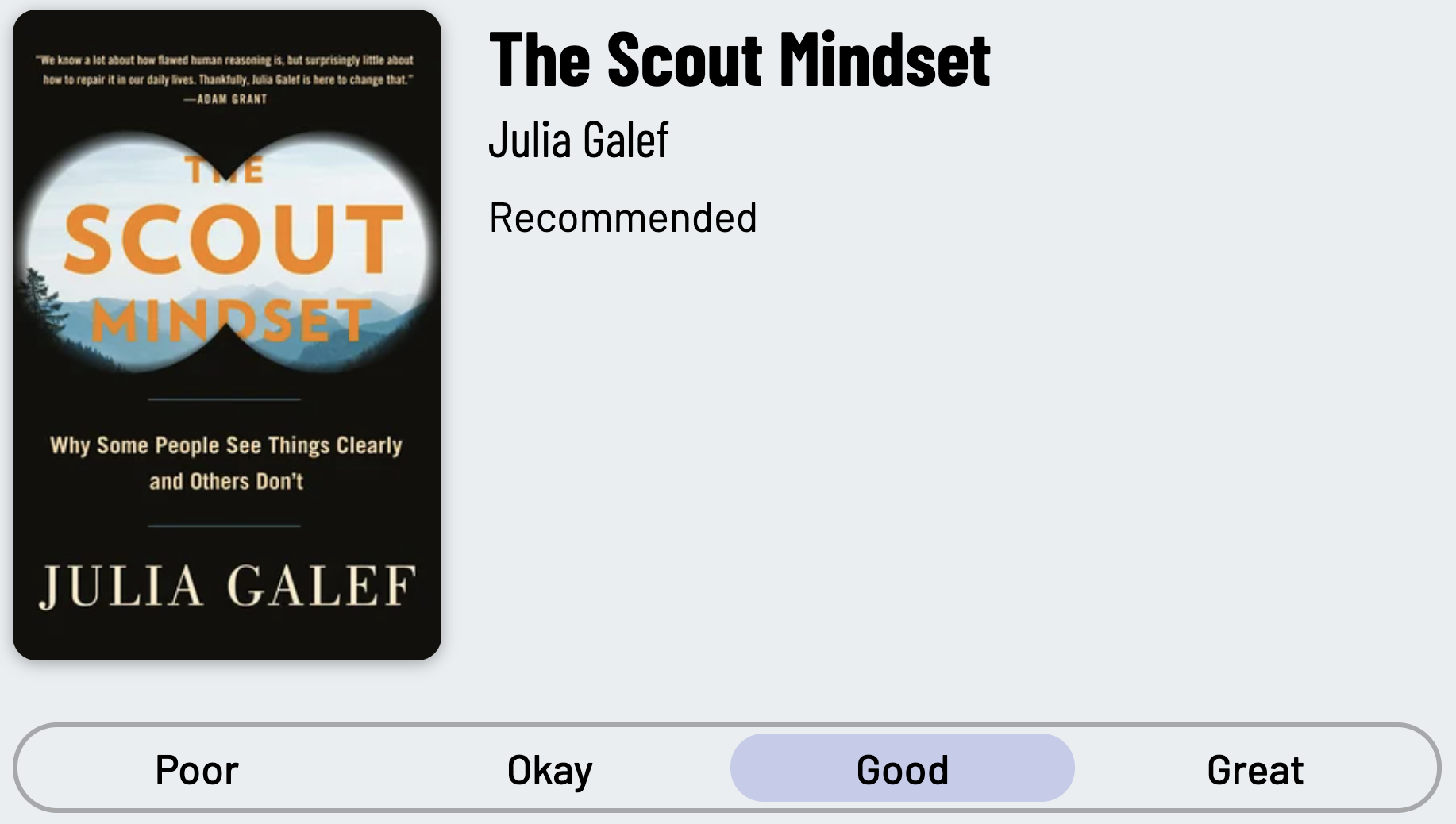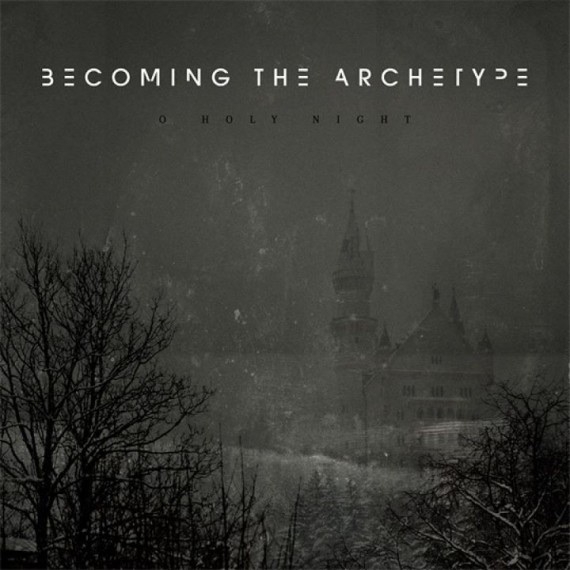Review
- Intro - my process and tools
- The Books - which books I recommend
- Analysis - some introspection and goalsetting
- Previously - links to prior years
- Books I plan to re-read
- Deluxe or art-filled editions
- Books I will use as a referenrce
- Books I enjoyed and want to keep around
- The Six Deaths of the Saint (Into Shadow #3) - Alix E. Harrow (see also)
- Nemesis Games (Expanse #5) - James S.A. Corey
- Ursula K. Le Guin: Conversations on Writing - David Naimon
- Lifespan - David A. Sinclair
- The Scout Mindset - Julia Galef (see also)
- Eye of the Needle - Ken Follett
- Where the Deer and the Antelope Play - Nick Offerman (see also)
- Four Thousand Weeks - Oliver Burkeman (see also)
- Gilead - Marilynne Robinson (see also)
- Anthem - Noah Hawley (see also)
- Animal Farm - George Orwell
- The Screwtape Letters - C.S. Lewis
- Great Minds of the Eastern Intellectual Tradition - Grant Hardy
- The Great Mental Models (Vol #1) - Shane Parrish
- The Blade Itself (First Law #1) - Joe Abercrombie
- This Is Your Mind on Plants - Michael Pollan
- Before They Are Hanged (First Law #2) - Joe Abercrombie
- Babylon’s Ashes (Expanse #6) - James S.A. Corey
- Hunting Magic Eels - Richard Beck
- Algorithms to Live By - Brian Christian & Tom Griffiths
- Norse Mythology - Neil Gaman
- Nature Wants Us to Be Fat - Richard J. Johnson
- Rediscipling the White Church - David W. Swanson
- Reaper Man (Discworld #11) - Terry Pratchett
- Late in the Day - Ursula K. LeGuin
- The Future Is Female - Lisa Yaszek
- Into the Odd (Remastered) - Chris McDowall
- How to Take Over the World - Ryan North
- Persepolis Rising (Expanse #7)- James S.A. Corey
- The Arm of the Starfish (O’Keefe #1) - Madeleine L’Engle
- Dread Nation (Dread Nation #1) - Justina Ireland
- Recursion - Blake Crouch
- Meet the Austins (Austins #1) - Madeleine L’Engle
- Undercover (Into Shadow #5) - Tamsyn Muir
- A Load of Hooey - Bob Odenkirk
- The Fat Switch - Richard J. Johnson (superseded by Nature Wants Us to Be Fat above)
- Bury Your Dead (Inspector Gamache #6) - Louise Penny
- Lexicon - Max Berry
- On Juneteenth - Annette Gordon-Reed
- Roadside Picnic - Arkady & Boris Strugatsky
- The Autobiography of Malcolm X - Alex Haley
- All We Can Save - Ayana Elizabeth Johnson & Katharine K. Wilkinson
- Nimona - Noelle Stevenson
- Station Eleven - Emily St. John Mandel
- Ninth House - Leigh Bardugo
- Comedy Comedy Comedy Drama - Bob Odenkirk
- Everything Happens for a Reason - Kate Bowler
- Persephone (Into Shadow #2) - Lev Grossman
- The Little Book of Hygge - Meik Wiking
- Keeper of the Lost Cities (Keeper of the Lost Cities #1)
- Tell the Machine Goodnight
- The Prophet
- A Calling for Charlie Barnes
- The School for Good Mothers
- The Garden (Into Shadow #1)
- A Memory Called Empire: this one had some elements that ended up intersecting in interesting ways with Foundation (the show at least)
- Echo: a challenging and beautiful younger-reader book that I recommend listening to, as they do some interesting things with the audio
- Anxious People: I started off disliking this one, but the things that annoyed me at first turned out to make sense as it went on, and it ended up being something I enjoyed very much
- Altered Carbon: great start to the series, and it was good to see the written version
- The Resisters: interesting mashup of baseball and speculative fiction
- Parable of the Sower: another great series start, one that I had put off reading too long!
- Abaddon’s Gate and Cibola Burn: Expanse #3 and #4, the former of which was a very rare 5-star book for me
- Harrow the Ninth: #2 in the series…a very-challenging-but-very-rewarding “all the genres at once” book
- The Testaments: #2 in the series, and a worthy successor to Handmaid’s Tale
- A Canticle for Leibowitz: I was surprised this was written decades ago, as it feels like modern speculative fiction
- Ursula K. Le Guin: The Last Interview: And Other Conversations: full of her cutting insights and beautiful wit
- Why Nations Fail: The Origins of Power, Prosperity, and Poverty: summarizing how political and economic are intertwined and how extraction leads to downfall
- The Shallows: What the Internet Is Doing to Our Brains: we are getting better at some ways of thinking and worse at others, and it’s important to understand the modes and tradeoffs
- Breath: The New Science of a Lost Art: fascinating look at the development of our faces, how breathing affects health, and various breathing experiments & exercises
- The End of Alzheimer’s: The First Program to Prevent and Reverse Cognitive Decline: while I’m not high risk (due to not having the genetic variants), I wanted to learn more about this topic, and this book is a very interesting deep dive full of detailed guidance and information that is relevant to any person’s health
- The Feather Thief: Beauty, Obsession, and the Natural History Heist of the Century: the description of this book made me think I would hate it, but it ended up being one of the most interesting things I read this year
- Resident Aliens: Life in the Christian Colony: as a Methodist-turned-Mennonite, Hauerwas is probably “required” reading for me, but it took until this year for me to finally read this one
- Lean Software Development: An Agile Toolkit: another classic that I finally read to get back to the principles that started a movement
- The Fate of Food: What We’ll Eat in a Bigger, Hotter, Smarter World: highly speculative, but a fascinating overview of the various areas in which we’ll need to meet challenges
- Plough Quarterly: I love engaging with their challenging blend of radical and conservative (published by the Bruderhof, an Anabaptist common-purse denomination)
- Anabaptist World: similarly, the publication for my Anabaptist denomination (Mennonite)
- New Philosopher: a thoughtful periodical with each issue being dedicated to a topic
- Indianapolis Recorder: the best local newspaper
- Your local theater - enjoyed (even via streaming) renditions of Tuesdays with Morrie, Cyrano, and A Christmas Carol
- See Season 1 - terrifying, mesmerizing, and incredible
- Rememory - contemplative and crushing
- Dear White People Season 2 - very well done
- Resident Alien Season 1 - Alan Tudyk is great in this mishmash of all the genres into a single show
- John Oliver on Raids - Raids are devastating and almost never necessary.
- John Oliver on Sponsored Content - All ad-driven news creates perverse incentives, but sponsored content is particularly bad
- Canadians rescue the USA national anthem - brilliant use of harmony
- The Sinner Season 3 - more terribly haunting than the first two seasons, combined
- The Commute: Walking 90km to Work - another incredibly documentary from Beau Miles
- Star Trek: Deep Space Nine Season 1 - in release order of Trek shows, this is my favorite, so far
- Kim’s Convenience Seasons 1–2 - fun sitcom, though it got a little formulaic by season 3 and we got tired of the “people didn’t communicate” trope as the main plot driver
- Endeavour Season 5 - I love the attention to atmosphere in this series. It feels like a (modern) history lesson every time, too. Warning: every episode of this show seems to end on a melancholy note, literally and figuratively.
- I Am Mother - I’d love to discuss this sci-fi suspense!
- The Falcon and the Winter Soldier Season 1 - This felt like the most “comic book” of the MCU so far, due to the everybody having to fight everybody, etc. Great preaching from Sam at the end of the season.
- Venom - utterly ridiculous and a lot of fun
- Blade - rewatched this; interesting to hear Blade will be coming into the MCU
- Fantastic Planet - totally original french animated scifi from 1973
- Mr. Show Seasons 1–3 - some of this didn’t age well, but I love sketch comedy and their take on the Python-esque surreal sketch transitions
- Tenet - this was an instant purchase
- Line of Duty Season 1 - What a wild ride! I had to space these out because they were so provocative, complex, and intense. Season 2 not recommended.
- A Black Lady Sketch Show Season 2 - Not as good as season 1, but still good sketch comedy
- Love, Death & Robots Season 2 - Not as mind-altering as Season 1, but still full of incredible experiments
- Self/less - Good, interesting. Would have been even better with more of a Christopher Nolan treatment and less of a Product Placement treatment.
- 🎶 Welcome to the Internet - “could I interest you in everything all of the time?“ Lots of good critique in this hilarious self-produced music video. Full special here.
- Primal Fear - Very late to the party on this one. Surprised I didn’t see this back when it came out, as it was definitely my kind of movie. A little dated and a little predictable, but still very enjoyable and worth a discussion.
- 🎶 Tiny Desk Concert: clipping. - this is the first actual tiny desk concert, and the start of my obsession with clipping. (Stay tuned for Listening Recommendations)
- The Suicide Squad - Ludicrous, gory, and hilarious. I’m not much of a DC guy, but this was some wicked fun.
- 🎶 Marc Rebillet and Madison McFerrin - incredible looping and improv chemistry
- Middleditch & Schwartz - long-form improv comedy
- Ted Lasso Season 2 - not as good as season 1, but still challenging, human, and funny
- Foundation Season 1 - Unnecessarily brutal at at times (and I mean the storytelling, not the content…some details don’t need to be on the screen), but otherwise very good
- Soul - Heartbreaking at times, but a beautiful movie
- 2021 Recommended Products & Services (incl. those related to watching)
- See last year’s writeup here.
📚 The Coddling of the American Mind
Read: The Coddling of the American Mind by Greg Lukianoff and Jonathan Haidt
Recommended
My Reading Highlights and Notes
INTRODUCTION The Search for Wisdom
Read: The Comfort Crisis by Michael Easter 📚
This was an extended magazine article, not a book. Entertaining, but with flimsy arguments.
My Reading Highlights and Notes
33 DAYS
We’re detached from the things that make us feel happy and alive, like connection, being in the natural world, effort, and perseverance.
800 FACES
He called this “prevalence-induced concept change.” Essentially “problem creep.” It explains that as we experience fewer problems, we don’t become more satisfied. We just lower our threshold for what we consider a problem. We end up with the same number of troubles. Except our new problems are progressively more hollow.
Tags: definition
Call it comfort creep. When a new comfort is introduced, we adapt to it and our old comforts become unacceptable. Today’s comfort is tomorrow’s discomfort. This leads to a new level of what’s considered comfortable.
Note: But is this just hedonic adaption?
Tags: definition
20 YARDS
50/50
The state of sumikiri provided by misogi is why ancient students of aikido would immerse themselves in natural bodies of cold water. Waterfalls, streams, or the ocean would wash away their defilements and reconnect them with the universe. More recently, the idea of misogi has been applied to other forms of using epic challenges in nature to cleanse the defilements of the modern world.
Lapsing into flow requires two conditions: The task must stretch a person’s limits and it must have a clear goal. The flow state, Csikszentmihalyi and the other researchers now believe, is a key driver of happiness and growth.
Preventing kids from exploring their edges is largely thought to be the cause of the abnormally high and growing rates of anxiety and depression in young people.
By facing some challenge but not an overwhelming amount, these people developed an internal capacity that left them more robust and resilient.
50. 70. OR 90.
along the way I took comfort in the fact that I am not alone. We all suck at new things. But clumsily exiting our comfort zones offers way too many upsides to ignore.
learning new skills is also one of the best ways to enhance awareness of the present moment,
Once we’ve done something over and over, our mind zones out of whatever old thing it’s doing.
In newness we’re forced into presence and focus. This is because we can’t anticipate what to expect and how to respond, breaking the trance that leads to life in fast forward. Newness can even slow down our sense of time. This explains why time seemed slower when we were kids. Everything was new then and we were constantly learning.
people remember duration as being shorter on a routine activity than on a nonroutine activity.”
150 PEOPLE
Kanazawa calls his idea the Savanna Theory of Happiness, and the general rule of thumb is, the higher the population density wherever a person is, the less happy they’ll likely be.
101 MILES
Our general discomfort with solitude may be due to how society frames it. Consider how we discipline children: time-out. Or how we punish prisoners: solitary confinement. This tradition, Bowker thinks, may have cued us to believe that normalcy is found through others and that solitude is punishment.
Research backs solitude’s healthy properties. It’s been shown to improve productivity, creativity, empathy, and happiness, and decrease self-consciousness.
(less than) 70 MILES AN HOUR
11 HOURS, 6 MINUTES
our collective lack of boredom is not only burning us out and leading to some ill mental health effects, but also muting what boredom is trying to tell us about our mind, emotions, ideas, wants, and needs.
Our brains essentially have two modes, focused and unfocused. Focused mode is a mind at attention. It’s on when we’re processing outside information, completing a task, checking our cellphone, watching TV, listening to a podcast, having a conversation, or anything else that requires us to attend to the outside world. Unfocused mode occurs when we’re not paying attention. It’s inward mind-wandering, a rest state that restores and rebuilds the resources needed to work better and more efficiently in the focused state. Time in unfocused mode is critical to get shit done, tap into creativity, process complicated information, and more.
Each time we reflexively take out our phone or turn on a computer or TV to kill boredom, it attaches another tiny anchor to our stress tolerance, dragging it lower. Scientists at Oregon State University found that daily stressors like lines and waits can improve our resistance to some brain diseases if we simply suffer through them and shrug them off. More of these everyday stressors are actually better for our brain.
And so, despite what productivity gurus will have us believe, the key to improving productivity and performance might be to occasionally do nothing at all. Or, at least, not dive into a screen. It prompts us to think distinctly, in a way that delivers more original ideas.
20 MINUTES, 5 HOURS, 3 DAYS
They discovered that 20 minutes outside, three times a week, is the dose of nature that most efficiently dropped people’s levels of the stress hormone cortisol. The catch to that study, of course, was that the participants couldn’t take their phones outside with them.
In nature your brain enters a mode Hopman called “soft fascination.” It’s similar to unfocused mode—but with one key difference. “Instead of mind-wandering and lightly focusing inwardly, you’re lightly focusing outwardly on the nature around you,”
Tags: definition
Brain scans show that soft fascination is a lot like meditation. Hopman described it as a mindfulness-like state that restores and builds the resources we need to think, create, process information, and execute tasks.
Twenty minutes, three times a week, is great. But it’s at the bottom of what some nature scientists have dubbed “the nature pyramid.”
Time in this semiwild stuff comprises level two of the nature pyramid. Research, in part thanks to Finland, says we should spend a total of about five hours in it a month.
The rewilding of our body and brain usually goes something like this: On the first day stress and health markers improve, but we are still adjusting to the discomfort of nature. We’re thinking about how it sucks to be cold, missing our phone, and still focusing on the anxieties we left behind—what’s happening at work and whether we closed the garage door. By day two our mind is settling and awareness is heightening. We’re caring less about what we left behind and are beginning to notice the sights, smells, and sounds around us. Then day three hits. Now our senses are completely dialed in and we can reach a fully meditative mode of feeling connected to nature. The discomfort isn’t so bad. It has, in fact, shifted to a welcome sensation that signals a calmness and feeling of life satisfaction.
12 PLACES
Our brains are wired to think loud = danger. We react by releasing adrenaline and cortisol, stress hormones that kick on the fight-or-flight response. Our doses of noise-induced stress hormones used to be infrequent but lifesaving. Today’s jarring background noises spur the same fight-or-flight response. But the difference is that these noises are nearly constant.
Gordon Hempton traveled the country in search of silence. He now believes that there are only 12 places in the Lower 48 where we can sit for 15 minutes and not hear a single noise created by humans. No droning planes, trains, automobiles. No blaring TVs, cellphones, or radios. Just natural soundscape. Some of these 12 places are spots in Minnesota’s Boundary Waters Canoe Area Wilderness, Hawaii’s Haleakala National Park, and Washington’s Hoh River Valley. North America’s other consistently quiet places are way up north, where I am: Alaska, the Arctic, Yukon, Northwest Territories, etc.
-4,000 CALORIES
The Japanese call this kuchisabishii, which literally means “lonely mouth” and describes our constant mindless eating.
Tags: definition
Just 3 percent of the people who lose weight in a given year manage to keep it off. Their secret isn’t some special food or exercise no one else has. It’s their ability to get comfortable with discomfort.
Continuously trying to add more stuff on top of what you’re doing and constantly experimenting with shiny new things is almost never the answer. It just adds another layer of stress and complication. I believe people should be doing less and eliminating limiters to progress.
Each person tracked and reported:
• How much and what they ate. This involved weighing all the food the person ate to know true serving sizes and, therefore, calories. • Their typical daily routine. • Their sleep schedule. • Their stress and energy levels. • Their daily weight. • Their workouts and step counts.
“I quickly ‘solved’ hundreds of problems just by virtue of improving a person’s awareness of their own behavior,” he said.
Once we eat, our brain releases dopamine, rewarding us for the behavior. This creates a circuit in the brain that associates food with dopamine.
Our brains evolved to release more dopamine when eating calorie-packed foods
The carb-fat combo doesn’t exist naturally, but it’s one that humans clamor for,
He recommended that I distract the discomfort of reward hunger with another form of discomfort: light exercise. “Find some ‘calorie negative’ ways of dealing with stress,” he said. “Walking is my number one. It relieves more stress and is health promoting. It leads you to burn calories rather than onboard them. And it removes you from the situation and adds time for reflection, where you can realize that you weren’t really hungry.”
Humans and other primates are uniquely predisposed to chronic stress. That’s because we’re smart, social creatures who have a lot of downtime to be “miserable to each other and stress each other out,” according to Robert Sapolsky,
The key quality that made a food filling: how heavy its 240-calorie serving size was.
12 TO 16 HOURS
Rarely feeling real hunger is a strong sign that a person is suffering from the ill effects of comfort creep,
The data shows that we don’t typically gain weight in a linear fashion, like a quarter pound each month for a total of three pounds at the end of the year. Most of us maintain our weight most of the year, then experience periods of gain,
But it is agreed that these people weren’t eating around the clock. The research suggests they likely ate one or two meals a day.
Other research shows that programming two “hungry days” per week where we eat around 500 calories delivers benefits.
Another option is to string together five “hungry days” in a row, once a month, eating just 700 total calories.
3 GOOD LEGS
12/31, 11:59:33 P.M.
some scholars have argued that American attempts to dematerialize are just another form of materialism.
It consists of “cramming our lives with compulsive activity, so that there is no time at all to confront the real issues….If we look into our lives, we will see clearly how many unimportant tasks, so-called ‘responsibilities’ accumulate to fill them up….Going on as we do, obsessively trying to improve our conditions, can become an end in itself and a pointless distraction.”
100+ POUNDS
≤50 POUNDS
80 PERCENT
81.2 YEARS
oh no, I’m now looking at capacities app.
I really appreciate that they built in robust backup and export from the start.
📚 2022 Book Review
Welcome to my yearly summary of books!
Table of contents:
Note: I will use Bookshop affiliate links when available, throughout this post. You don’t have to buy from my bookshop, but if you do, I put that money back into more books.
Intro
I use and recommend Libby for getting ebooks and audiobooks from the library. Most books I borrow digitally, but there are exceptions:
For those cases, I get physical editions via Bookshop. And lest you think I don’t really do physical books: my household has 15 brimming bookshelves.
I take copious highlights and notes, and save them to Readwise. Here’s how. Highlights and notes are especially important for me with digital books, where spacial-temporal recollection is not as easy, but spaced-repitition and note-linking can make up for it (and then some).
I track my reading in The StoryGraph. I prefer it because not Amazon and because it incorporates some data elements other than ratings which are useful for describing and finding books. I’m hoping micro.blog’s bookshelves feature continues to improve, so that I could rely on book tracking directly in my blog, as well. (Today, it doesn’t handle book search well nor let us use our own Bookshop links, but we’ll see what the future holds.)
I keep my to-read/wishlist as a Bookshop list, for ease of sharing and gift-giving.
The Books
Let’s start with the recommended ones, collected in this Bookshop collection or visually:
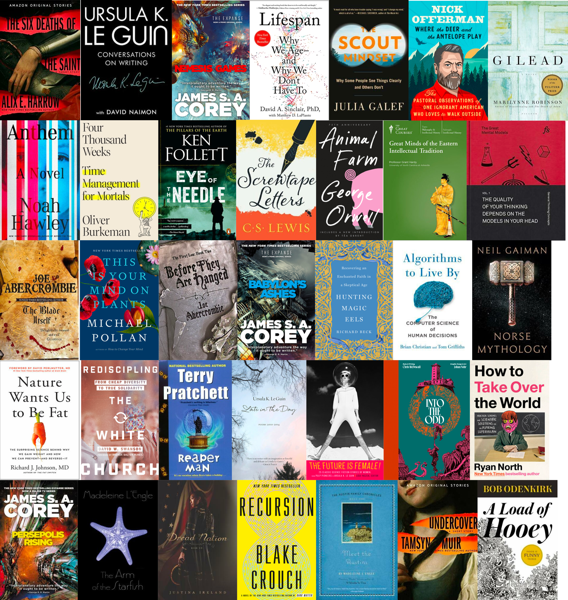
And here are all the books I read, individually, and in reading order (within rating):
⭐️ ⭐️ ⭐️ ⭐️ ⭐️ :
👍:
🤷♂️:
👎 (authors and links removed because I feel bad about even putting these in, but wanted to show the broader view):
Did you read anything I did? What’d you think?
Based on looking at my list, is there anything you’d recommend?
Analysis
This was an mixed year for reading goals. I exceeded by book goal (55 out of 53) but missed by pages goal (15,868 out of 17,500). I’ll go for 60 books next year, but keep the 17,500 page goal.
Similar to my normal ratio, I read 63% fiction this year:
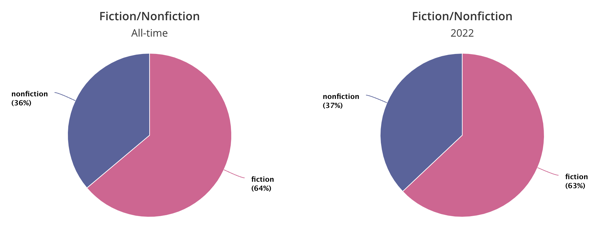
I continue to add to my intentionality in reading, seeking a variety of voices, formats, styles, etc. With such a long list of things I’d like to read, I’m also trying to be wiser about what I should read sooner than later such as things related to health or permaculture.
Here’s to a good year of reading!
Previously 📚:
I didn’t know about the artificial sweeteners part, but my experience aligns to the rest: after a handful of days without sugar and refined carbs, the urges went away.
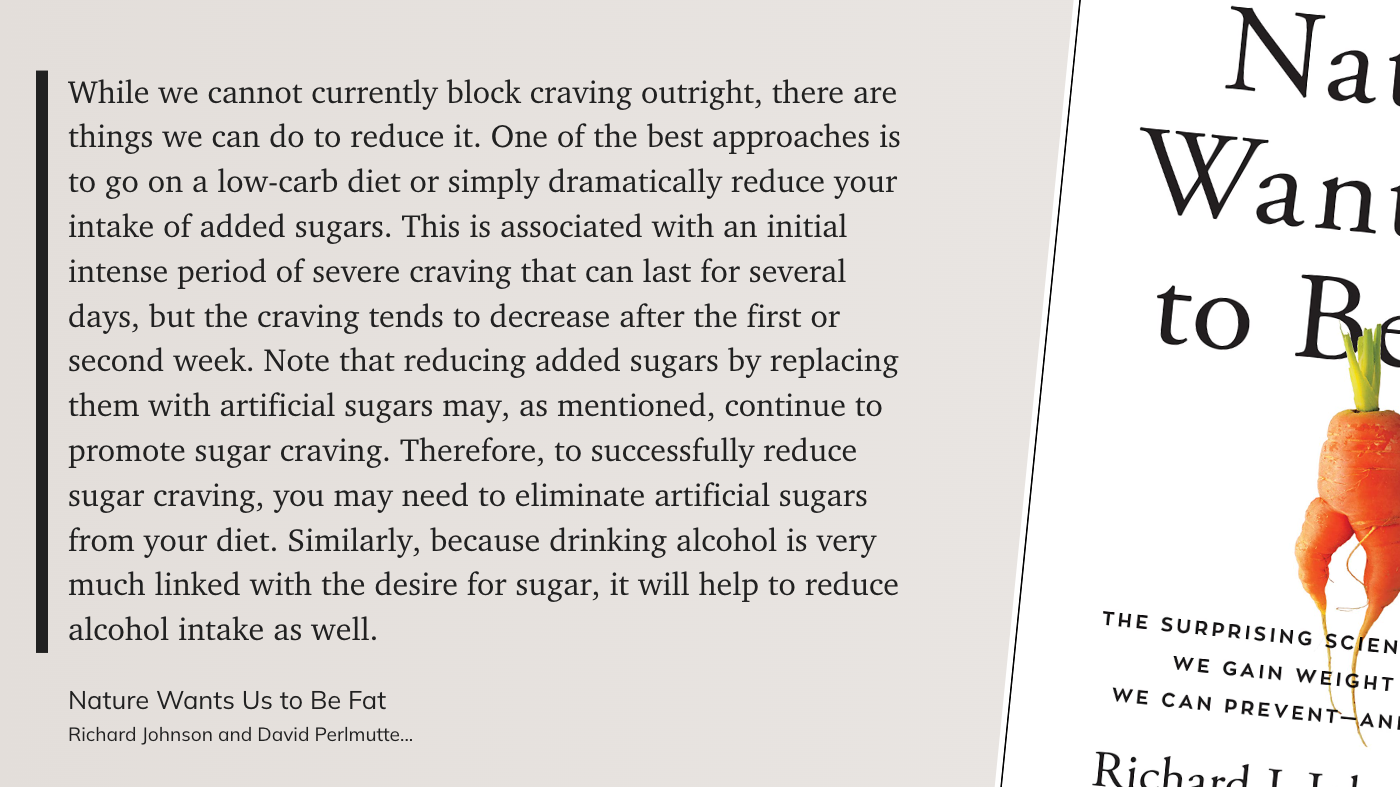
📺 watched: The Woman in the House Across the Street from the Girl in the Window
This was hilarious, though I would say it was only about 5% more ridiculous than other Netflix originals.
📝🖋 Recommendations for a firm top-bound notebook that is B5 or A5 or smaller?
“Firm” meaning I can write on it w/o a hard surface like a desk.
Preferably something where I can write on both sides of the paper (unless this means a spiral-bound format that does not hold up).
TIL: “inspiresting”
Note: the linked essay is recommended reading, as well.
📚 Four Thousand Weeks: it’s as good as they say.
Nothing original, but a great collection of wisdom distilled from various traditions (faith, agile/lean, strategy, psychology, etc.).
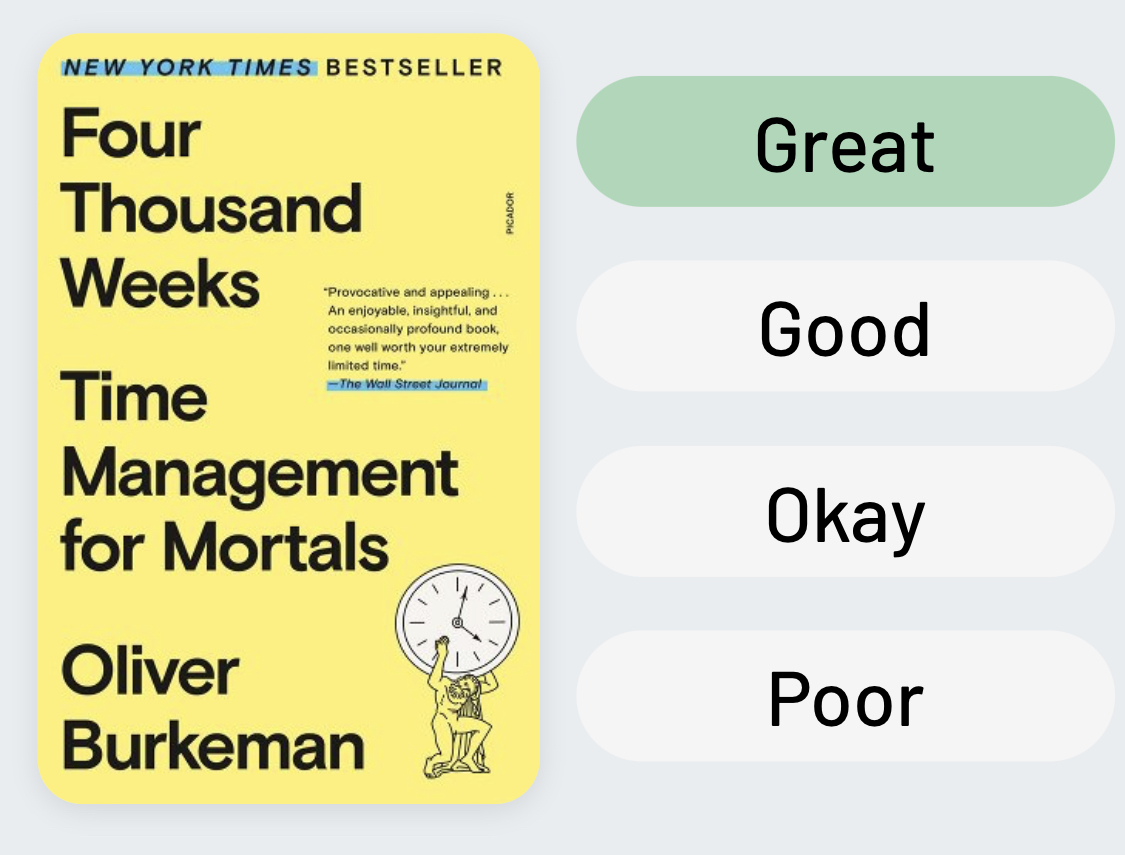
🎥 Shang Chi was really good. Maybe the best marvel movie? Or maybe it’s just a huge relief after Eternals?
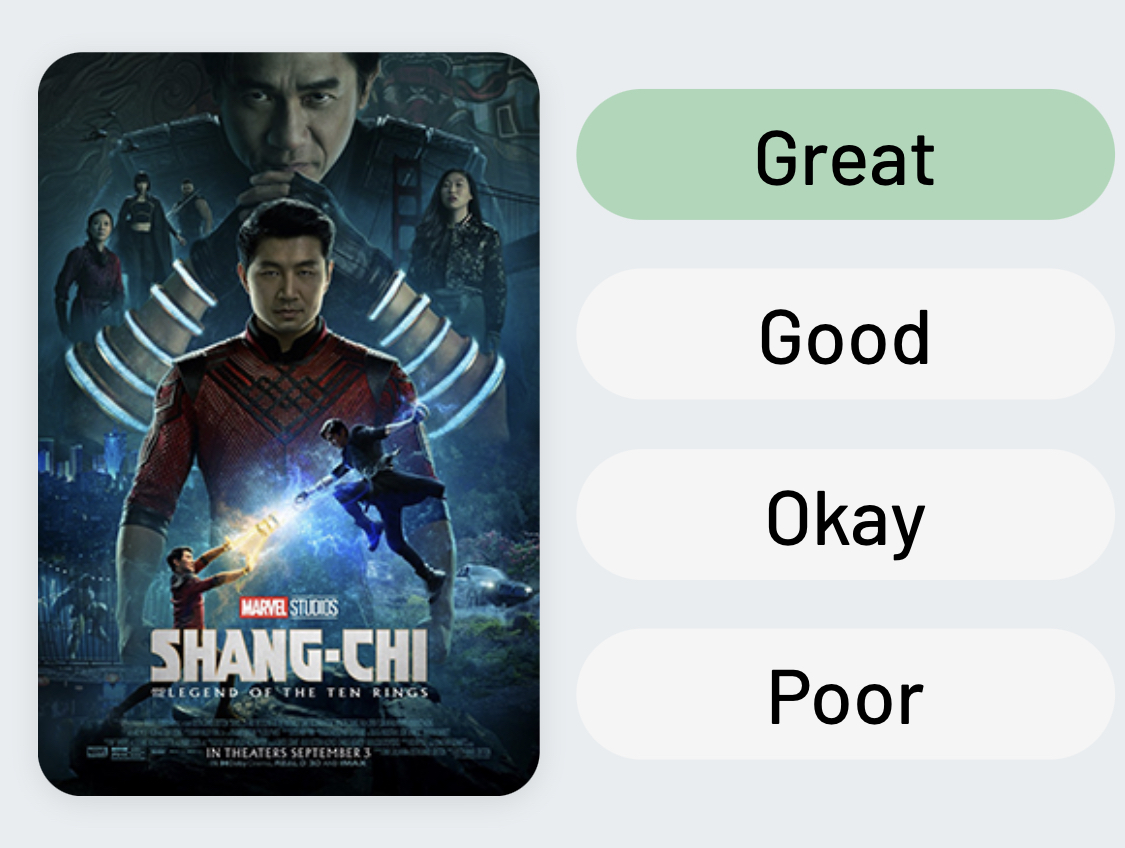
2021 Recommendations Recap Recap:
2021 Recommendations - Reading 📚🗞
Note: I’ve collected the recommended books from this post on this bookshop list, where possible. It is an affiliate link (though you can and should change to your local favorite bookshop), but if you buy any of them via my storefront, I will put that money back into getting more books and sharing the good ones.
I read 48 books in 2021. As I mentioned in my 2021 service recommendations I use StoryGraph to track reading, so you can see an overview of my reading there.
But just because I read a book doesn’t mean it was good! Here are the ones I recommend:
Fiction
Nonfiction
Periodicals
Further reading: 2020 Fiction Review and 2020 Nonfiction Review
📚🖋 Nice bonus item from PM Press for the new year.
The Future Is Unwritten journal with quotes on the recto pages.
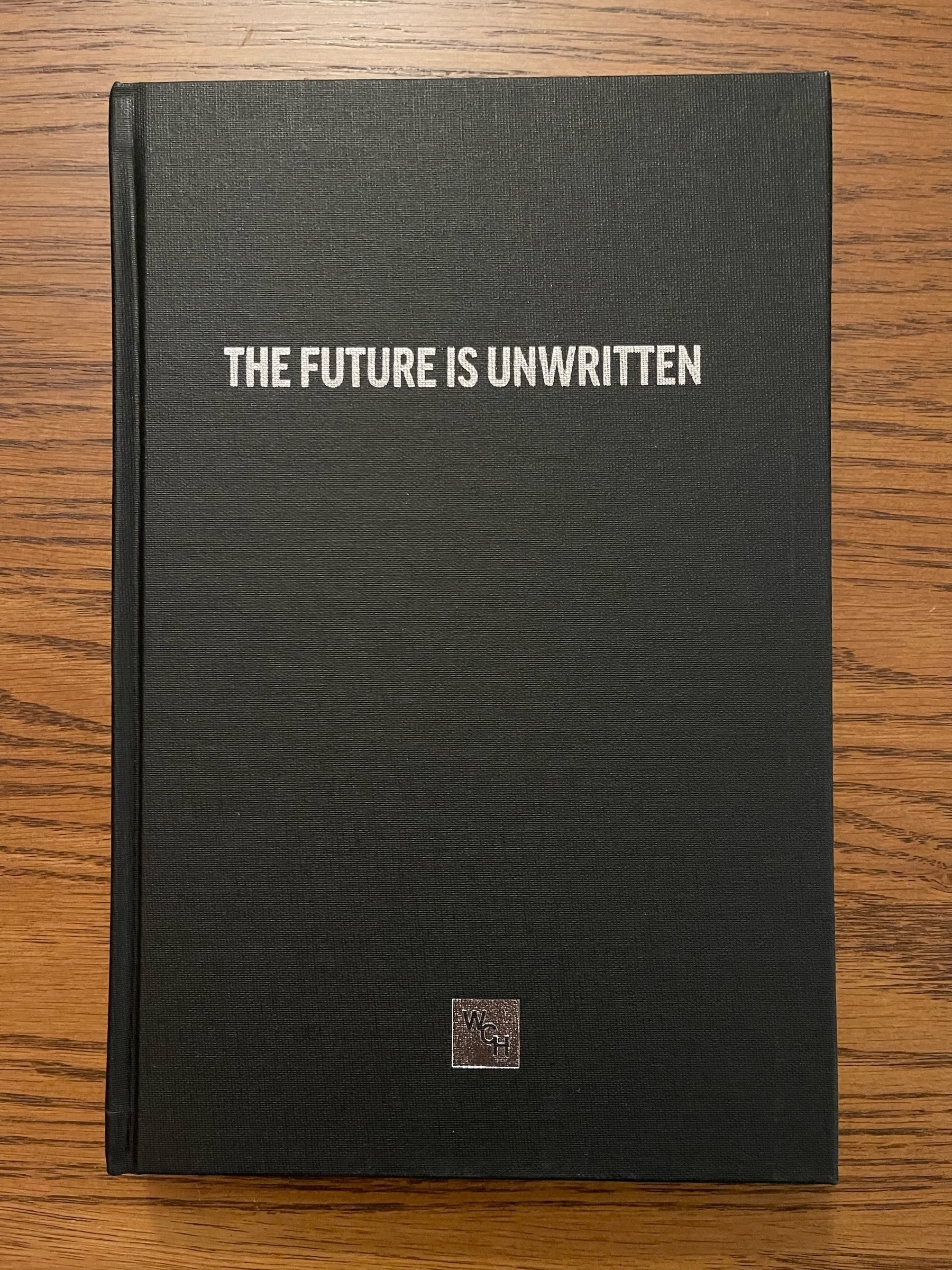
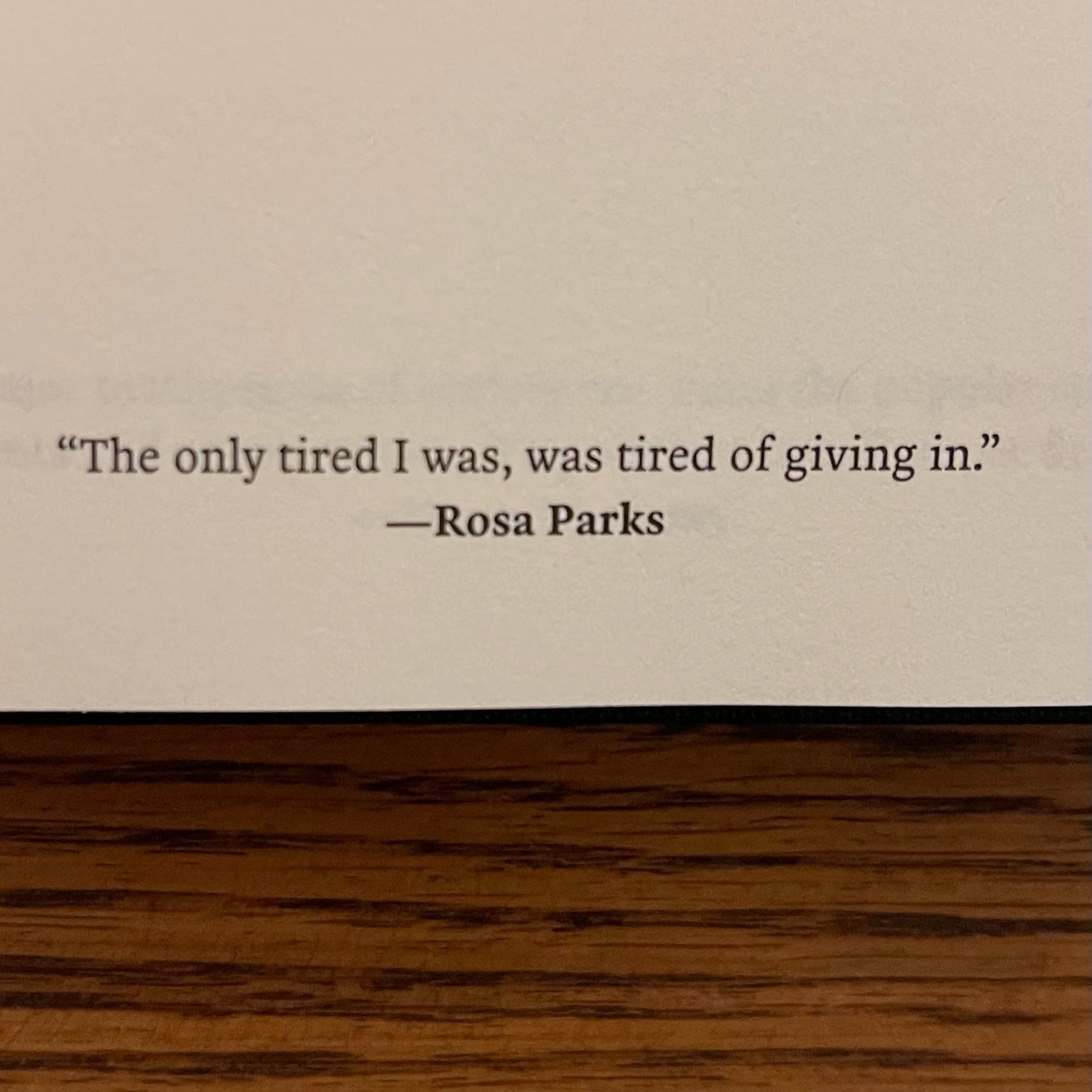
It’s a shame they didn’t make any sequels to The Matrix. It was such a good movie.
Also a shame I keep having to make this joke.
Also, I find the lack of Juno Reactor just insulting.
2021 Recommendations - Watching 📺
Further Reading:
